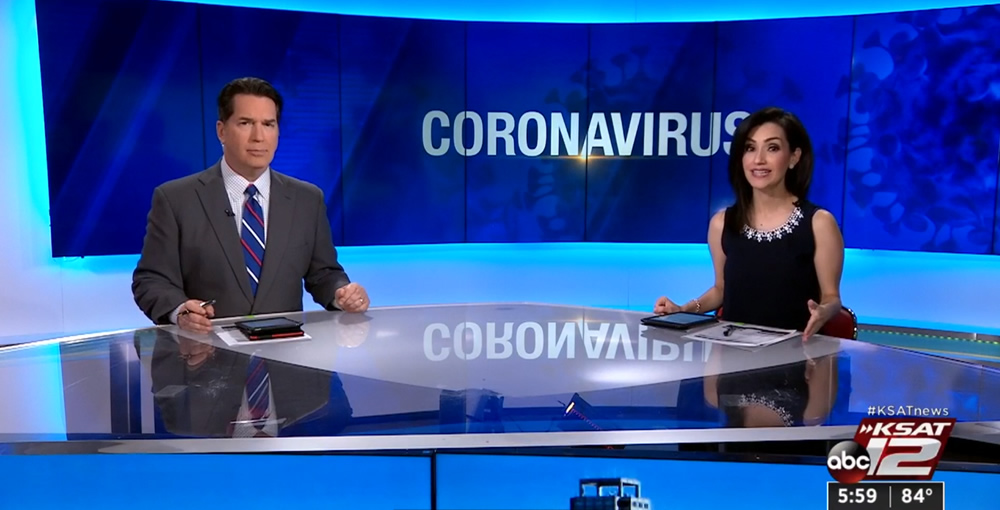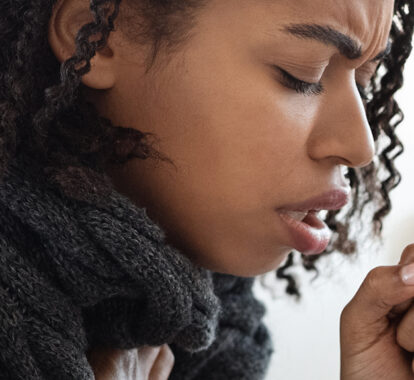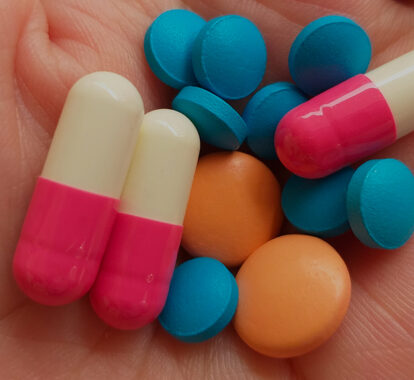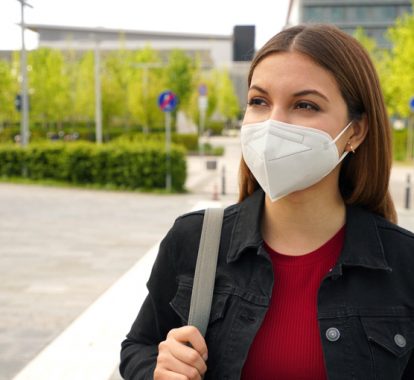COVID-19 test results can take days. What do you do in the meantime?
April 9, 2020

Texas MedClinic doctor recommends symptomatic patients self-isolate while awaiting results.
Even as testing criteria opens up for people with COVID-19 symptoms, they may not get their results right away.
The San Antonio Metropolitan Health District says it has seen testing turnaround times range from two to seven days across various laboratories. Even if a patient is tested at University Hospital, where the executive director of pathology services at University Health System said they do their own testing with about a 24-hour turnaround, there’s still a period of uncertainty.
Quest Diagnostics, a national testing company that handles tests for CommuniCare, Texas MedClinic and even the Freeman Coliseum testing site, said it has been working on its backlog of tests, and the average turnaround time nationwide is two to three days. The company said it prioritizes tests for people like health care workers and hospitalized patients.
Dr. David Gude, chief medical officer of Texas MedClinic, said they had recently been seeing six- to seven-day waits for results, with the worst wait probably being “about eight or nine days.” However, he said the wait times now appear to be coming down. As of Tuesday, they were getting results from tests performed on Apr. 3, four days earlier.
But the wait times don’t play into how they manage the patients, Gude said. With a pandemic going on, he said they have to assume symptomatic patients have COVID-19 and are contagious, even before results come back.
“Therefore, you need to be not just self-quarantining, which is the 14 days of, you know, limited contact, but really you need to be in self-isolation,” Gude said. “You need to really restrict or completely eliminate contact even with household family members so that you don’t risk getting them infected.”
The CDC guidelines recommend keeping up isolation until:
- At least 7 days have passed since symptoms first appeared
- At least 72 hours have passed with no fever, without the help of fever-reducing medication
- Respiratory symptoms, like cough and shortness of breath, have improved
The accuracy of the various COVID-19 tests haven’t yet been established, though, and there’s a possibility of getting a false negative result. So someone could have COVID-19 even if their test results don’t show it.
“If you’re negative, I can’t give you total assurance that you do not have COVID-19,” said Gude, who recommends following the self-isolation protocols for anyone who is symptomatic.
If you want to get tested, various providers offer the test, and flu testing and travel are no longer prerequisites to get tested anymore under the most recent Metro Health guidelines. If someone passes the city’s screening tool, they can be connected with testing, according to a Metro Health spokeswoman.
The Freeman Coliseum testing site is averaging 300 tests a day, but it requires an appointment.
COVID-19, the respiratory disease caused by the new virus, stands for coronavirus disease 2019. The disease first appeared in late 2019 in Wuhan, China, but spread around the world in early 2020, causing the World Health Organization to declare a pandemic in March.
Texas MedClinic was established in 1982 by Dr. Bernard T. Swift, Jr., as a group medical practice that specializes in urgent care and occupational medicine. Texas MedClinic has grown to 19 locations in San Antonio, New Braunfels, Austin, and Round Rock. Texas MedClinic is staffed with 82 medical providers including physicians, physician assistants and nurse practitioners and over 450 employees.




